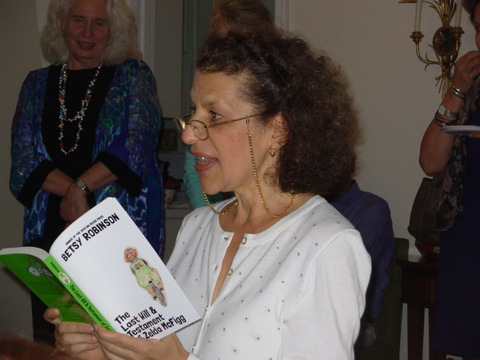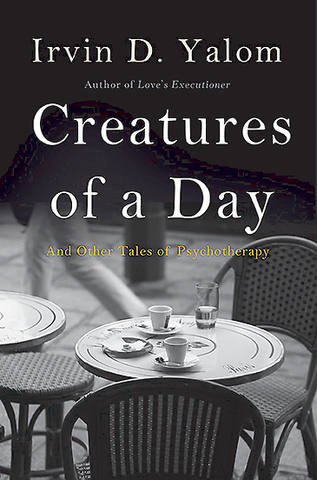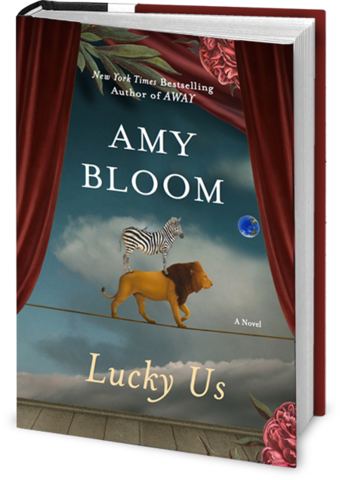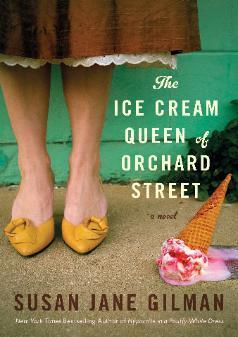
This is bawdy, spontaneous, poetic writing.
Eugene Henderson, an overblown, twice-married, millionaire pig farmer and violin player is having an existential crisis.
I want, I want, I want, I want, I want!
This is the geshrei that drives fifty-five-year-old Henderson into and through a spiritual quest in Africa. He doesn’t know what he wants, just that “everybody is working, making, digging, bulldozing, trucking, loading, and so on . . .” until it is a form of madness. (I think he would be right at home in our time when value is quantified by how many “likes” we’ve accrued.)
Henderson the Rain King is a quest as complicated as any Haruki Murakami tale, but the protagonist is a bloated, bungling American—a man with “the Midas touch in reverse.” In Africa, his first stop is a village of people whose beloved cattle are dying of thirst because the water reserve is occupied by frogs. On one hand, Henderson wants to rescue everybody; on the other, he longs to be rescued:
This was a beautiful, strange, special place, and I was moved by it. I believed the queen could straighten me out if she wanted to; as if, any minute now, she might open her hand and show me the thing, the source, the germ—the cipher. The mystery, you know. I was absolutely convinced she must have it. The earth is a huge ball which nothing holds up in space except its own motion and magnetism, and we conscious things who occupy it believe we have to move too, in our own space. We can’t allow ourselves to lie down and not do our share and imitate the greater entity. You see, this is our attitude. But now look at Willatale, the Bittah [highly evolved] woman; she had given up such notions, there was no anxious care in her, and she was sustained. Why, nothing bad happened! On the contrary, it all seemed good! Look how happy she was, grinning with her flat nose and gap teeth, the mother-of-pearl eye and the good eye, and look at her white head! It comforted me just to see her, and I felt that I might learn to be sustained too if I followed her example. (74)






 I became vividly aware of the musical sounds of language, specific to past decades, when I was editing my late mother's novel, The Trouble with the Truth. My mother, Edna Robinson, was born in 1921, and the novel takes place largely in the 1930s and early '40s. However it is written from a perspective in the late 1950s. This could pose a problem musically. We all know the sound of the 1930s and '40s from black-and-white Hollywood movies. Staccato and matter-of-fact-sounding. The 1950s, on the other hand, is softer—think Leave It to Beaver and Father Knows Best. Like the 1930s and '40s, the '50s have a patriarchal beat, for lack of a better way to express it. Father did know best and that was not questioned. Edna solved the problem of differing decades' music logically—the narrative was good literary writing of any era, and dialogue was perfect pitch for the 1930s–40s.
I became vividly aware of the musical sounds of language, specific to past decades, when I was editing my late mother's novel, The Trouble with the Truth. My mother, Edna Robinson, was born in 1921, and the novel takes place largely in the 1930s and early '40s. However it is written from a perspective in the late 1950s. This could pose a problem musically. We all know the sound of the 1930s and '40s from black-and-white Hollywood movies. Staccato and matter-of-fact-sounding. The 1950s, on the other hand, is softer—think Leave It to Beaver and Father Knows Best. Like the 1930s and '40s, the '50s have a patriarchal beat, for lack of a better way to express it. Father did know best and that was not questioned. Edna solved the problem of differing decades' music logically—the narrative was good literary writing of any era, and dialogue was perfect pitch for the 1930s–40s. As an editor, you live in the head of a writer, and I became so involved in the life and sounds of those three decades that I wanted to read other work of the time. For several months, I've been reading the master of the short story, John Cheever—his Pulitzer-prize-winning anthology The Stories of John Cheever. Talk about perfect pitch!
As an editor, you live in the head of a writer, and I became so involved in the life and sounds of those three decades that I wanted to read other work of the time. For several months, I've been reading the master of the short story, John Cheever—his Pulitzer-prize-winning anthology The Stories of John Cheever. Talk about perfect pitch!






